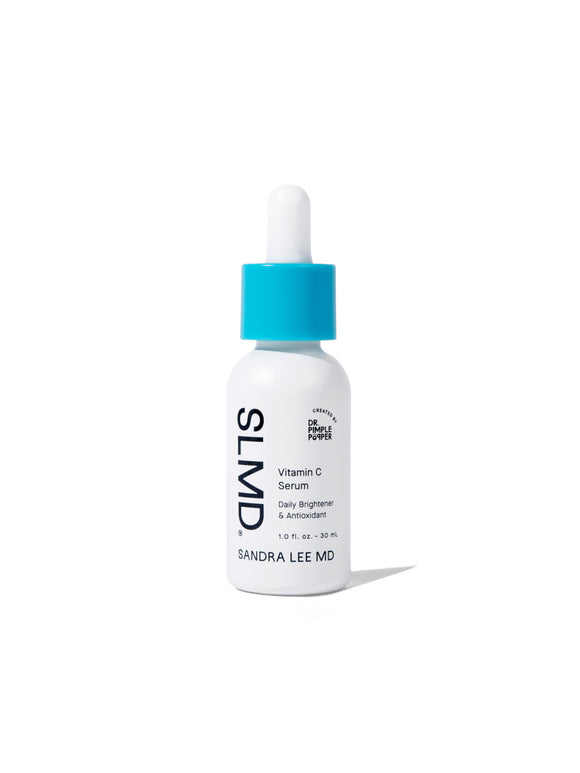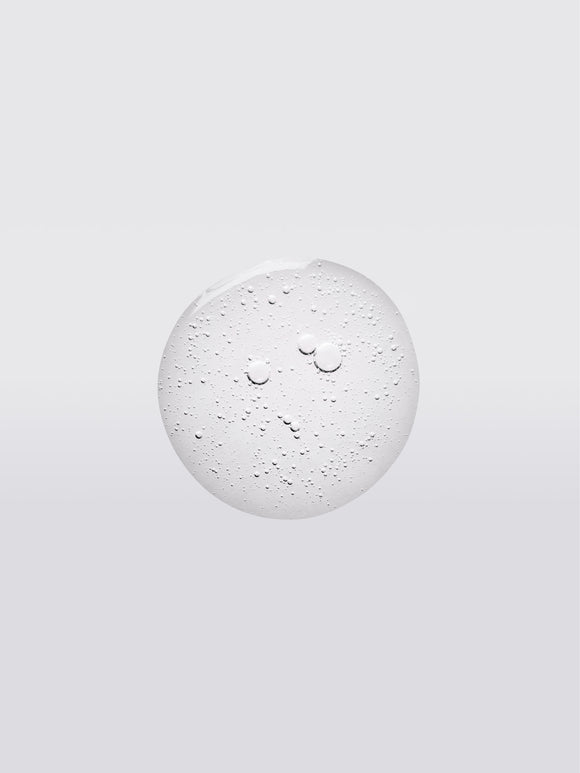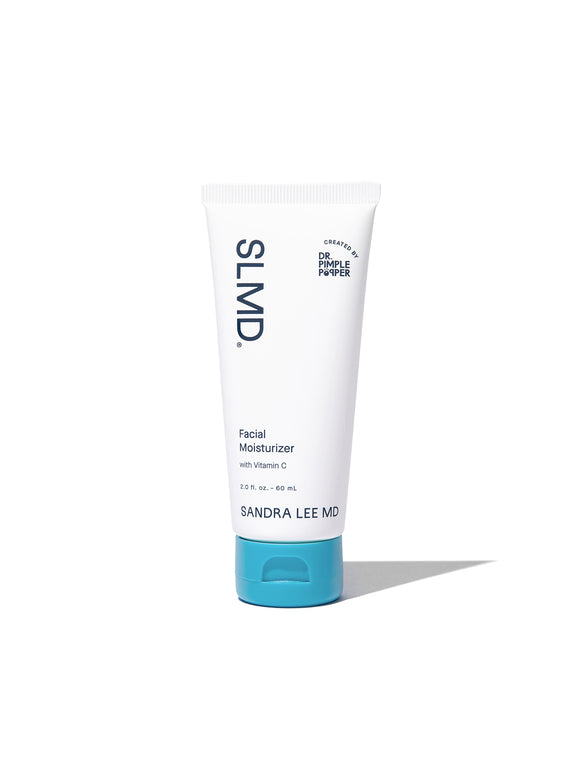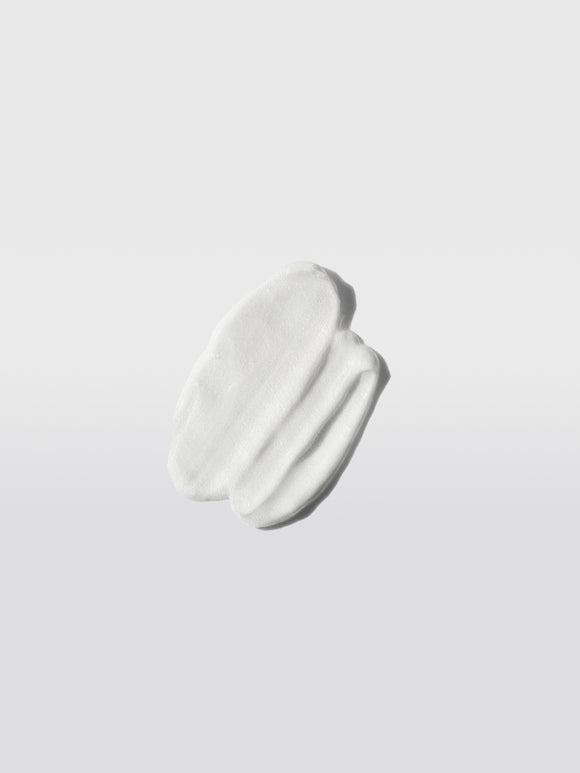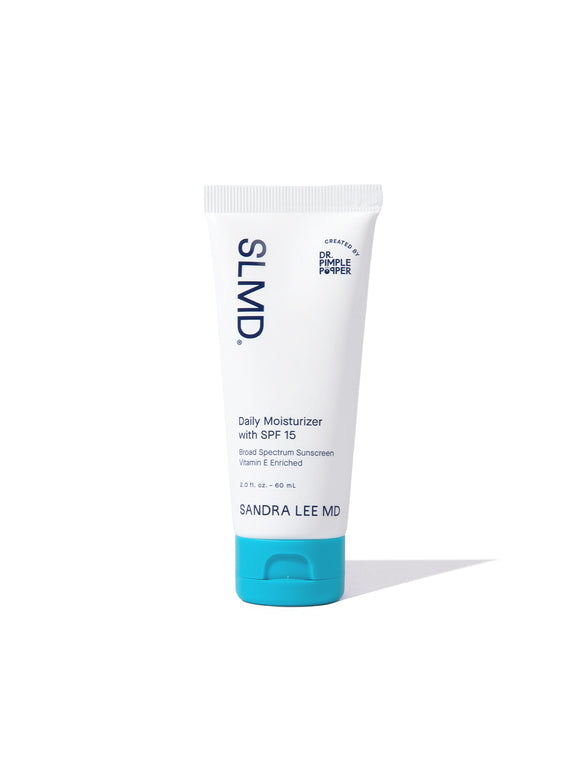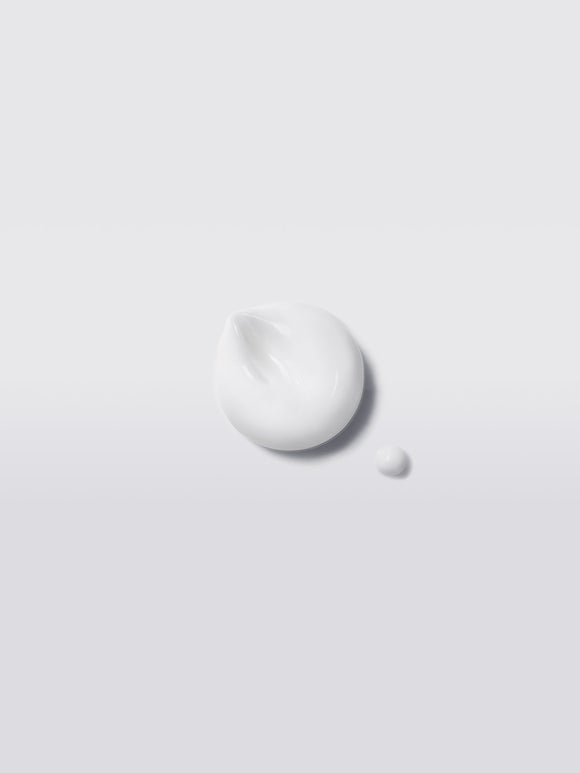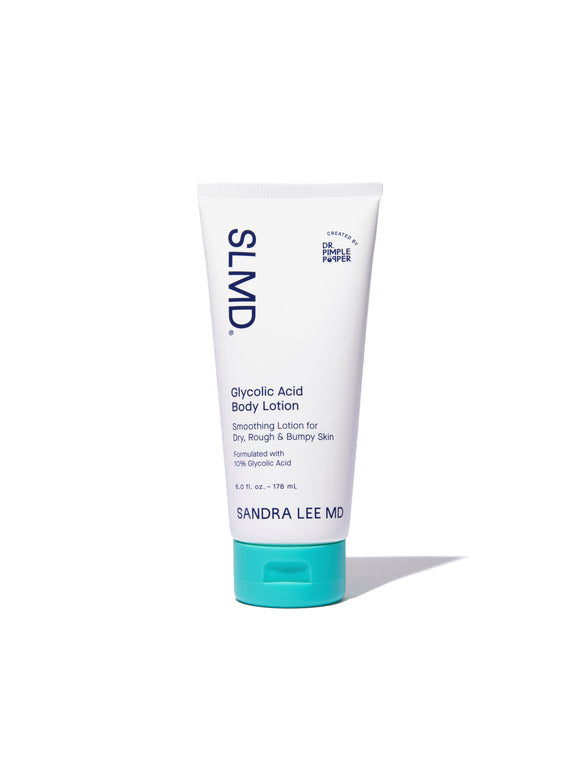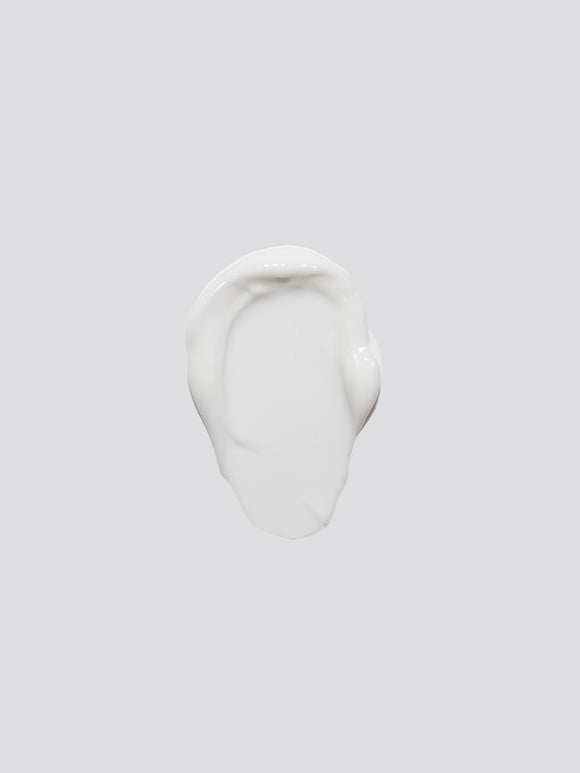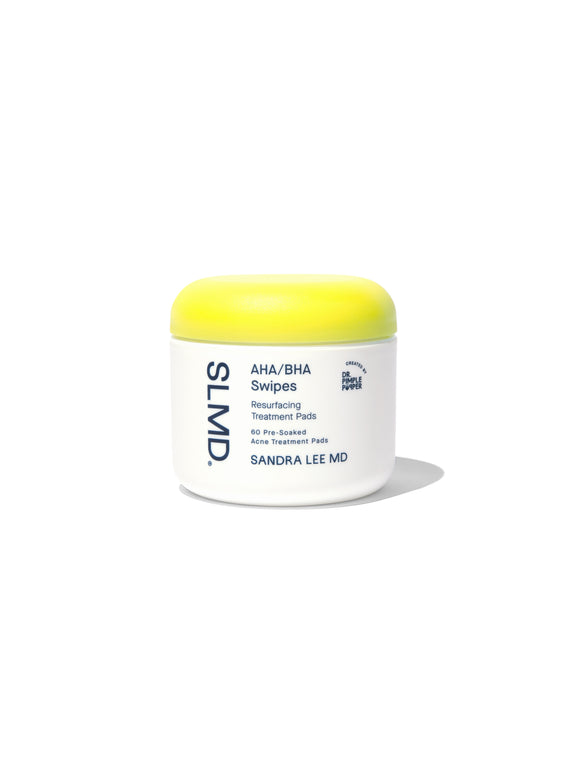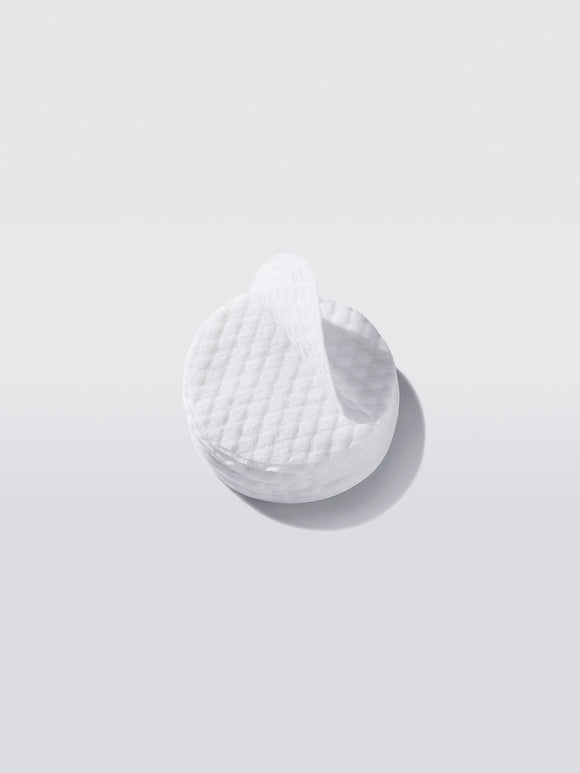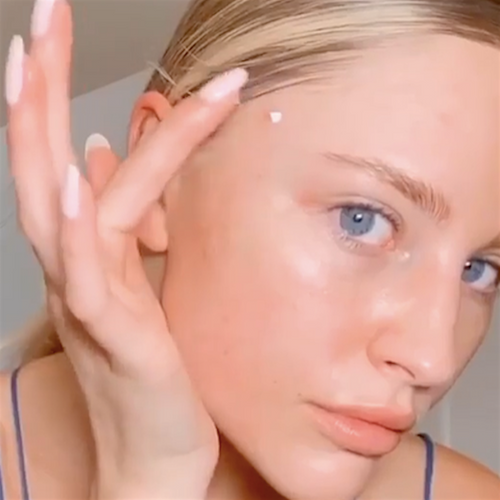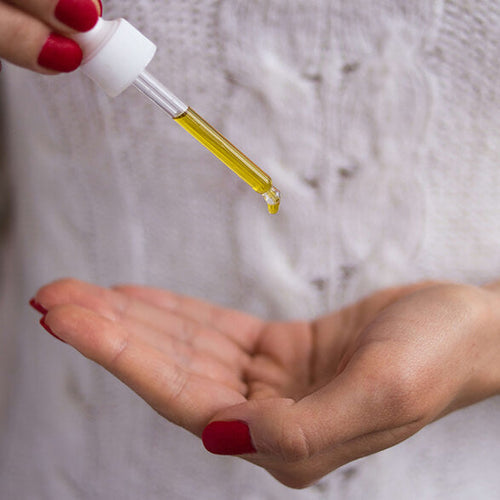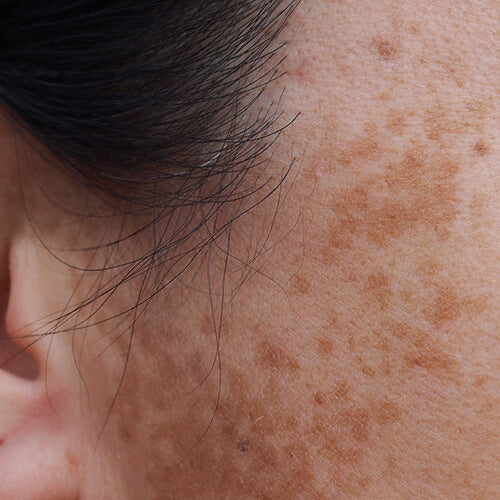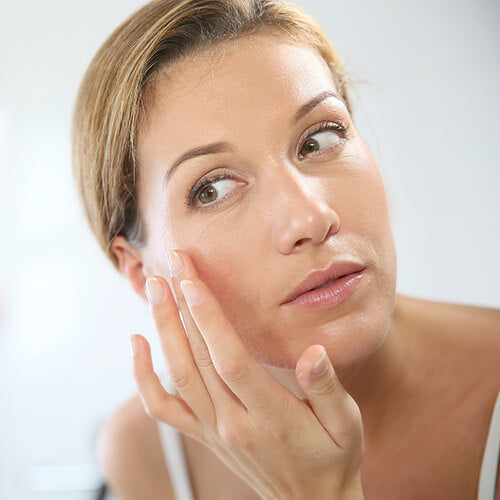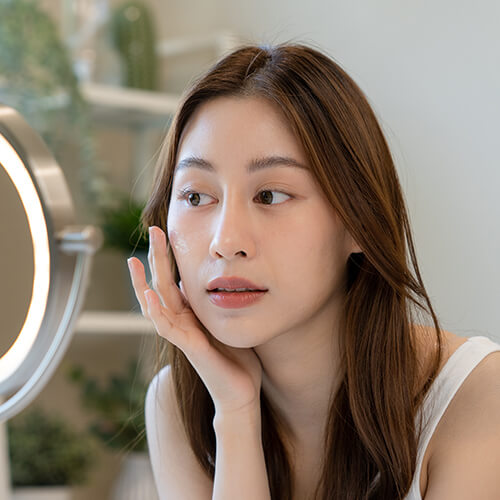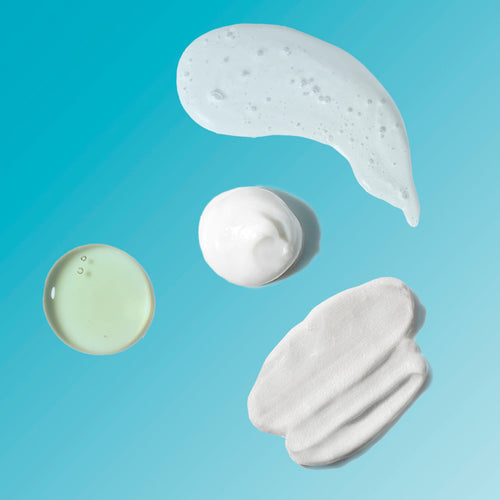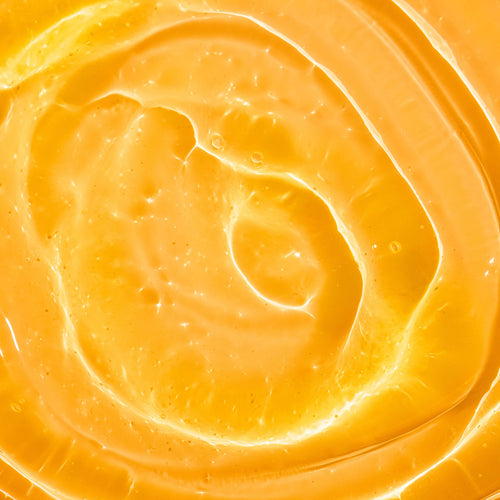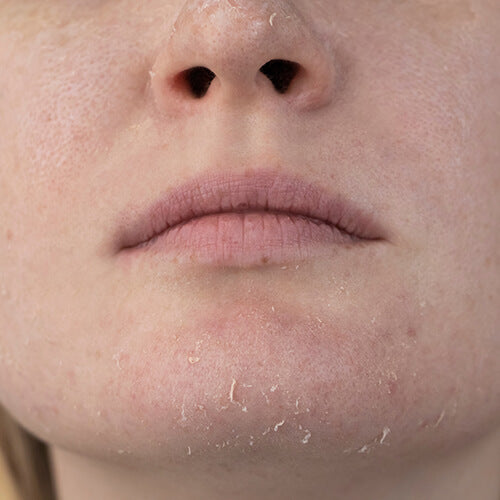
The Best Antioxidants for Sun-Damaged Skin, According to a Dermatologist
Dr. Pimple Popper shares what key ingredients help you get an extra boost of sun protection.
Published:
3 minute read
Scientists are still uncovering the full story of what happens when sunlight hits our skin — but one thing’s clear: UV exposure causes damage. Fortunately, your body has a built-in defense system made up of powerful compounds called antioxidants.
According to board-certified dermatologist Sandra Lee, MD (aka Dr. Pimple Popper), combining antioxidants with daily sun protection is one of the smartest ways to defend against sun damage and support long-term skin health.
So what exactly do antioxidants do when it comes to sun exposure — and which ones offer the best defense? Here’s what you need to know.
Article Quick Links
What sunlight really does to your skin
We know that UV radiation — especially UVA and UVB rays — triggers chemical reactions in the skin that lead to the formation of free radicals. These unstable molecules wreak havoc by damaging:
- Cell membranes
- Enzyme function
- Collagen and elastin
- DNA structure
Free radicals also disrupt normal cell division and energy production, leading to visible skin changes and long-term issues like premature aging and even skin cancer.
Why sun damage happens — and what it leads to
Your skin maintains a balance between free radical production and antioxidant defense. But too much UV exposure overwhelms this system — and that’s when we see signs of damage, including:
- Fine lines and wrinkles from collagen breakdown
- Dark spots from melanin stimulation
- Skin cancer risk from DNA mutations
- Inflammation from immune system activation
- Broken capillaries (spider veins) from increased vascularization
Learn more in our blog: How to Treat and Prevent Signs of Sun Damage.
How antioxidants defend your skin
Antioxidants neutralize free radicals by stabilizing them — either by donating electrons or stopping the chain reactions they cause. Your body naturally produces some antioxidants, but levels can be depleted quickly with sun exposure.
Key factors that influence antioxidant effectiveness:
- Your baseline antioxidant stores
- Intensity and duration of sun exposure
- How quickly you replenish antioxidants (topically and through diet)
Some antioxidants work best before UV exposure (preventive), while others are helpful after (reparative).
Dr. Pimple Popper's Antioxidant Picks
Top antioxidants that help fight UV damage
Studies show that antioxidant-rich skincare — especially when combined with SPF — can offer enhanced protection. Here are a few of Dr. Lee’s favorites:
Vitamin C
Found in citrus fruits, kale, and acerola cherries, vitamin C (ascorbic acid) is one of the most researched antioxidants for skin.
Sun protection benefits
- Neutralizes free radicals
- Stimulates collagen production
- Fades hyperpigmentation
Find it in these SLMD Skincare products: Vitamin C Serum, Facial Moisturizer with Vitamin C
Vitamin E
Also known as tocopheryl, this fat-soluble vitamin is found in nuts, seeds, and avocado. Learn more: Ingredient Spotlight: Vitamin E.
Sun protection benefits
- Protects skin lipids from oxidation
- Aids in recovery from UVB exposure
- Enhances moisture retention
Find it in these SLMD Skincare products: Facial Moisturizer with Vitamin C, Daily Moisturizer with SPF 15
Green tea
Extracted from Camellia sinensis leaves, EGCG is a potent plant antioxidant. See the science: Ingredient Spotlight: Green Tea.
Sun protection benefits
- Fights free radicals
- Encourages DNA repair
- Supports immune defenses against UV damage
Find it in these SLMD Skincare products: Salicylic Acid Cleanser, Daily Moisturizer with SPF 15
Niacinamide
Naturally present in meats, avocados, and legumes, niacinamide is a multitasking antioxidant.
Sun protection benefits
- Strengthens the skin barrier
- Promotes DNA repair
- Reduces inflammation and pigmentation
Find it in these SLMD Skincare products: AHA/BHA Swipes, Glycolic Acid Body Lotion
FAQ: Antioxidants and sun protection
Q: Do antioxidants replace sunscreen?
A: No — antioxidants support sun protection but don’t block UV rays. Always wear a broad-spectrum sunscreen daily and think of antioxidants as your skin’s second line of defense.
Q: When should I apply antioxidants for the best protection?
A: Apply them in the morning, before sunscreen. Some, like vitamin C and niacinamide, are especially effective when layered under SPF.
Q: Can antioxidants reverse sun damage?
A: Antioxidants can help reduce visible signs of damage (like dark spots and fine lines), but they can’t undo all effects. Prevention is key — use them daily alongside sunscreen.
Q: What are the best antioxidants for sun protection?
A: Vitamin C, vitamin E, green tea extract, and niacinamide are dermatologist favorites — each supports skin in a different way, from neutralizing free radicals to encouraging DNA repair.

Dr. Lee's Last Word
Antioxidants are your skin’s backup system — they support your SPF and help your skin recover from sun exposure. I always recommend combining antioxidants with sunscreen daily for the best protection.



